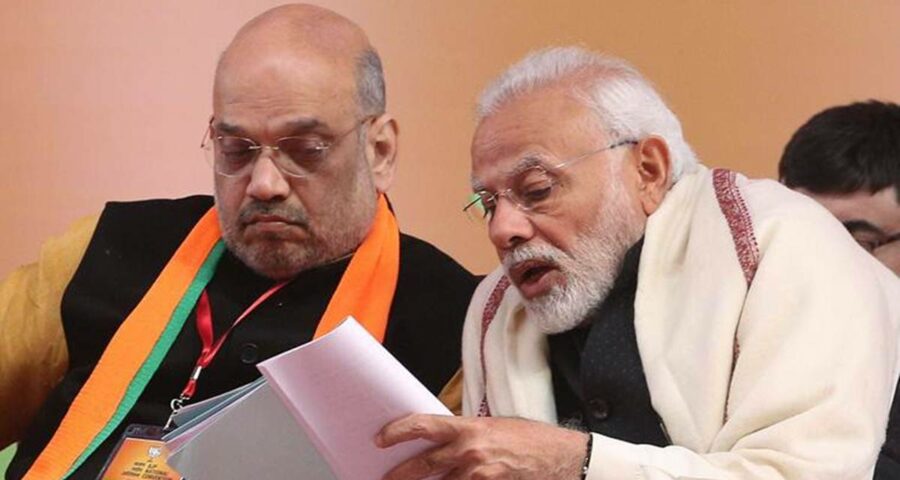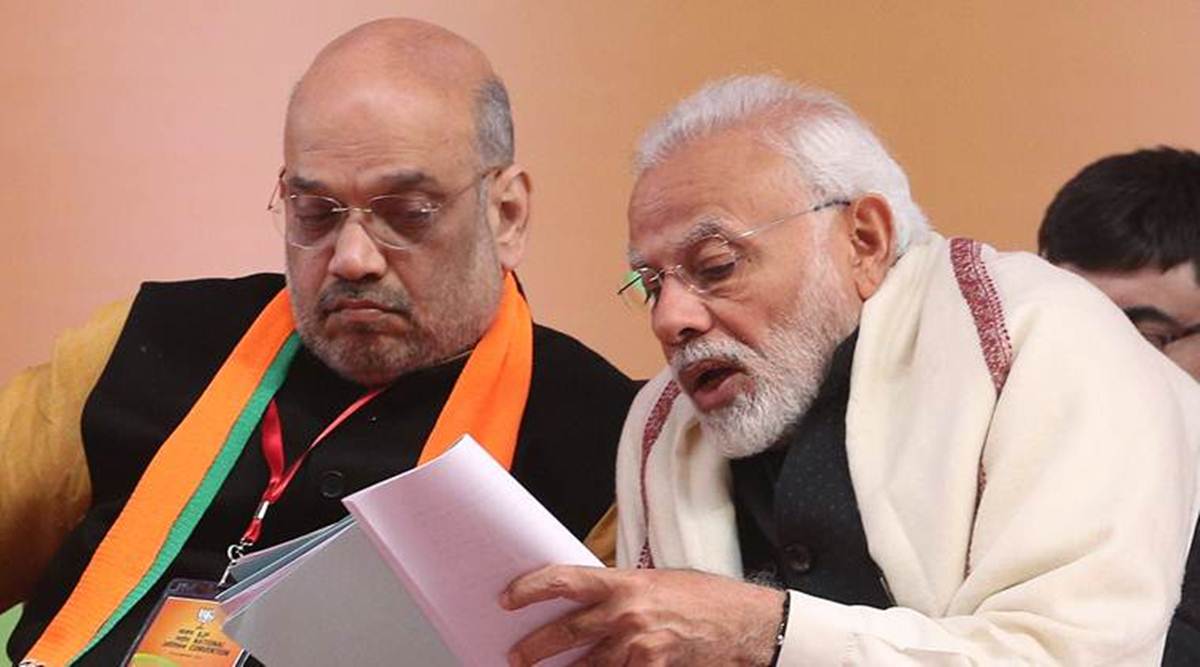The Freedom House report had demoted India’s freedom score from “free” to “partly free”, decreasing it to 67 from 71, with 100 being the ranking for the most free country.
The government on Friday termed the Washington-based think tank Freedom House’s report, which demoted India’s freedom score from “free” to “partly free”, as “misleading, incorrect and misplaced”, while maintaining that India treats all citizens equally without discrimination.
The Freedom House report had decreased India’s score to 67 from 71, with 100 being the ranking for the most free country. The report noted that the rights and civil liberties “have been eroding since Narendra Modi became Prime Minister in 2014”, specifically referring to attacks on Muslims, use of the sedition law, and the government’s coronavirus response including the lockdown.
In a statement, the Ministry of Information and Broadcasting (MIB) offered a rebuttal to specific points mentioned in the report, including discriminatory policies against Muslims, last year’s North East Delhi riots, sedition law, coronavirus lockdown, among others.
“Many states in India under its federal structure are ruled by parties other than the one at the national level, through an election process which is free and fair and which is conducted by an independent election body. This reflects the working of a vibrant democracy, which gives space to those who hold varying views,” the MIB said in the statement.
On the alleged discriminatory policies against Muslims mentioned in the report, the government said it “treats all its citizens with equality” as enshrined under the Constitution and all laws are applied without discrimination.
With specific reference to the 2019 North East Delhi riots, the Centre said the law enforcement machinery acted swiftly in an “impartial and fair manner”. “Necessary legal and preventive actions were taken by the law enforcement machinery on all complaints/calls received, as per law and procedures,” it said.
On the alleged misuse of the sedition law, the government said that “public order” and “police” are State subjects and the responsibility of maintaining law and order, including investigation, registration and prosecution of crimes, protection of life and property, etc., rests primarily with the concerned state governments. Therefore, measures as deemed fit are taken by law enforcement authorities to preserve public order, the statement read.
The government also rebutted the claim that “attacks on press freedom have escalated dramatically under the Modi government, and reporting has become significantly less ambitious in recent years”.
The report had claimed that academics and journalists were being intimidated in India. To this, the government said, “Discussion, debate and dissent is part of Indian democracy. The Government of India attaches highest importance to the safety and security of all residents of the country, including journalists. The Government of India has issued a special advisory to States and Union Territories on safety of journalists requesting them to strictly enforce the law to ensure safety and security of media persons.”
The Freedom House report had stated that “internet freedom in India declined dramatically for a third straight year”. On this, the government said the temporary suspension of telecom or internet services are issued under the provisions of the Indian Telegraph Act, 185 and is resorted to with the over-arching objective of maintaining law and order under strict safeguards. Such orders need authorisation on different levels before coming into use, it said.
The government also rebutted the allegation in the report that the Covid-19-induced lockdown “left millions of migrant workers in cities without work or basic resources” and “resulted in the dangerous and unplanned displacement of millions of internal migrant workers”.
The government said that the lockdown was announced to control the spread of Covid-19 and the period “allowed the government to ramp up production capacity of masks, ventilators, personal protection equipment (PPE) kits, etc. and thereby effectively prevent the spread of the pandemic. India has, on per capita basis, registered one of the lowest rates of active Covid-19 cases and Covid-19 related deaths globally.”
The government also refuted the claim that the Foreign Contributions Regulation Act (FCRA) amendment led to freezing of Amnesty International’s assets, and said the NGO had received permission under the FCRA Act only once and that too 20 years ago.
“Since then Amnesty International, despite its repeated applications, has been denied FCRA approval by successive governments since as per law it is not eligible to get such an approval. However, in order to circumvent the FCRA regulations, Amnesty U.K. remitted large amounts of money to four entities registered in India, by misclassifying the remittance as Foreign Direct Investment (FDI),” the government said.
“This malafide rerouting of money was in contravention of extant legal provisions,” it said.
Source: Read Full Article


